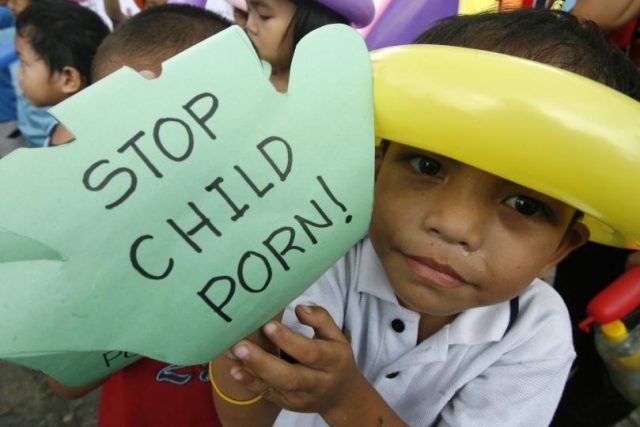MANILA, Philippines — As government prepares to embark on a national broadband program to expand digital connectivity in the country, advocates asked if it is also prepared to prevent online sex traffickers who can be expected to take advantage of the new technology.
“We hope there is a parallel effort to secure these initiatives and make sure these are not hijacked by the sexual predators,” Susan Ople of the Blas F. Ople Policy Center told the Department of Information and Communications Technogy and the Department of Interior and Local Government during a forum at the Kamuning Bakery in Quezon City.
Ople noted the ease with which foreigners can set up cybersex dens and lure Filipino children and their parents into participating in online sex trafficking.
At the same forum, Lawyer Sam Inocencio, national director of the International Justice Mission, stressed the need for the government to “scale up” efforts to stem trafficking in persons.
“Every case involving the online sexual exploitation of children requires a coordinated international response because the online sexual exploitation of children is without borders,” he said.
The national broadband program is among the priority initiatives of the Duterte administration. Congress is also working on a bill that would provide free wifi services in public places.
The Philippines has maintained its Tier 1 status in the 2017 US State Department’s Trafficking in Persons Report for the second year in a row, the only Southeast Asian country to do so.
Tier 1 status means a country meets the minimum standards to eliminate trafficking.
Ople said the conferment of this status means the Philippines “can claim the mantle of being a role model in the fight against human trafficking within ASEAN and the Asia Pacific region despite being one of the biggest labor-sending countries in the world.”
But Inocencio said more work is needed to stop online sexual exploitation of children.
In 2014, the Department of Justice received over a thousand cyber-tips per month from the US about the online sexual exploitation of children, with the Philippines as the country source. In 2016, the number increased to 5,000 per month.
Last May 30, a joint rescue operation of government agencies and volunteer groups arrested five suspects in Iligan City and rescued the four children, aged 2 to 13, who they were peddling online.
However, while “Tier 1 ranking is a great accomplishment … there are still hundreds of children being sexually exploited online at this moment, waiting to be rescued,” Inocencio said.










